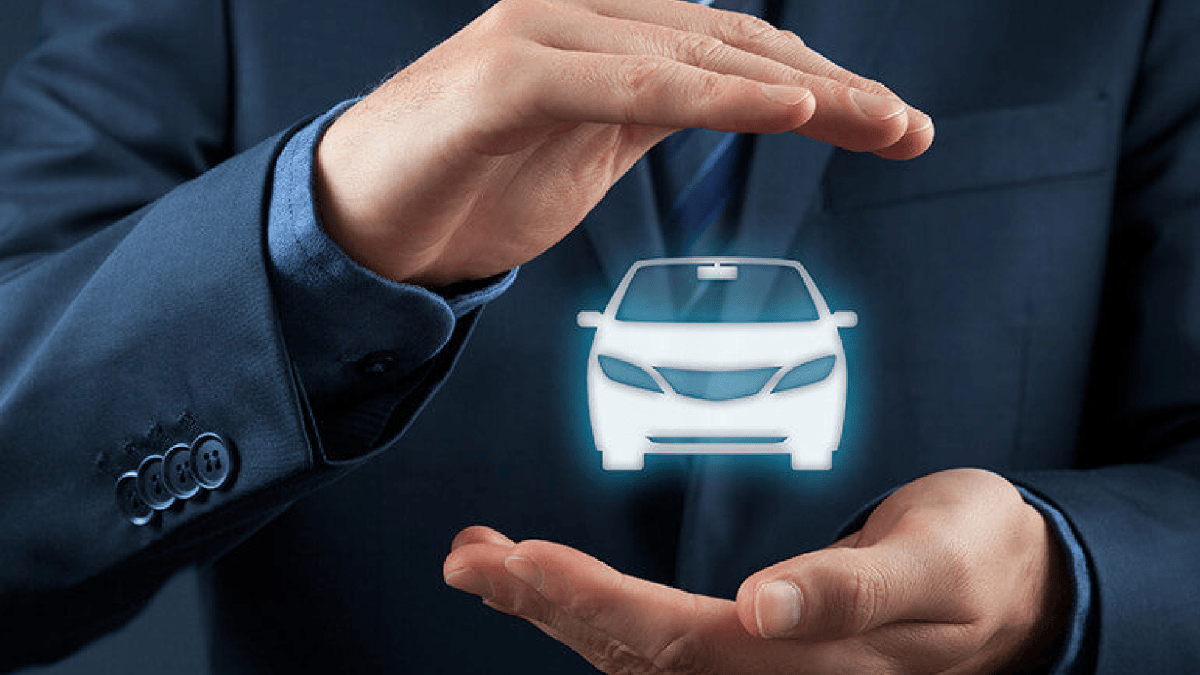Unlock the Secrets of Car Insurance: Your Ultimate Guide to Safeguarding Your Vehicle and Finances

Car insurance isn't a one-size-fits-all product. It's a collection of various coverage types, each designed to protect you from different risks on the road. The minimum coverage required varies by state, but most financial experts recommend going beyond the bare minimum to adequately protect yourself. Here's a breakdown of the most common types of car insurance you'll encounter:
1. Liability Coverage: The Foundation of Your Policy
This is the most fundamental type of coverage and is legally required in almost every state. Liability coverage is designed to pay for damages and injuries you cause to other people and their property in an at-fault accident. It's typically split into two components:
- Bodily Injury Liability (BI): Covers medical expenses, lost wages, and pain and suffering for anyone injured in an accident you cause.
- Property Damage Liability (PD): Covers the cost of repairing or replacing property you damage, such as another vehicle, a fence, or a building.
- Why it matters: Without sufficient liability coverage, you could be personally responsible for thousands, or even hundreds of thousands, of dollars in damages if you're found at fault in a serious accident. This could lead to wage garnishments, liens on your property, and even bankruptcy.
2. Collision Coverage: Protecting Your Vehicle in an Accident
Collision coverage pays for damages to your own car resulting from an accident, regardless of who is at fault. This includes hitting another vehicle, a tree, a building, or even a pothole that causes significant damage.
- Why it matters: If you have a car loan or lease, your lender will almost certainly require you to carry collision coverage. Even if you own your car outright, it's a wise investment, especially for newer or more valuable vehicles. Without it, you'd be solely responsible for the repair or replacement costs of your own car after an accident.
3. Comprehensive Coverage: Beyond Collisions
Comprehensive coverage protects your car from damages not caused by a collision. Think of it as protection against the unexpected. This includes:
- Theft
- Vandalism
- Fire
- Falling objects (like tree branches)
- Natural disasters (hail, floods, hurricanes)
- Animal collisions
Why it matters: Comprehensive coverage offers peace of mind against a wide range of non-accident-related damages. If you live in an area prone to severe weather or have a car that's a target for theft, this coverage is invaluable.
4. Uninsured/Underinsured Motorist (UM/UIM) Coverage: Protection from Others
Unfortunately, not every driver carries adequate insurance, or any insurance at all. UM/UIM coverage protects you if you're involved in an accident with a driver who is uninsured or doesn't have enough insurance to cover your damages.
- Uninsured Motorist (UM): Covers your medical expenses and, in some states, property damage if an uninsured driver hits you.
- Underinsured Motorist (UIM): Kicks in when the at-fault driver has some insurance, but not enough to cover all your damages.
- Why it matters: This coverage is a crucial safeguard, as it protects you from the financial consequences of someone else's irresponsibility.
5. Medical Payments (MedPay) or Personal Injury Protection (PIP): Covering Medical Costs
These coverages help pay for medical expenses for you and your passengers, regardless of who is at fault for an accident.
Medical Payments (MedPay): Covers medical and funeral expenses for you and your passengers.
Personal Injury Protection (PIP): Often broader than MedPay, PIP can cover medical expenses, lost wages, and even essential services (like childcare) if you're injured and unable to perform them. PIP is mandatory in "no-fault" states.
Why it matters: Even if you have health insurance, these coverages can help fill gaps, cover deductibles, or provide immediate financial relief for accident-related medical bills.
Beyond the Basics: Other Notable Coverage Options
Rental Car Reimbursement: Covers the cost of a rental car while your vehicle is being repaired after a covered claim.
- Roadside Assistance: Provides help with flat tires, dead batteries, lockouts, and towing.
- Gap Insurance: If your car is totaled and you owe more on your loan than the car's actual cash value, gap insurance pays the difference. This is particularly useful for newer vehicles with high depreciation rates.
Making the Smart Choice for Your Coverage
Choosing the right car insurance involves balancing your budget with your risk tolerance and the value of your vehicle. Here are some key considerations:
- Your State's Requirements: Always meet or exceed the minimum liability coverage mandated by your state.
- Vehicle Value: For older, less valuable cars, you might consider dropping collision and comprehensive coverage to save on premiums. However, for newer or more expensive vehicles, these coverages are almost always recommended.
- Financial Situation: How much can you afford to pay out of pocket if you have an accident? This will influence your deductible choices. A higher deductible typically means lower premiums.
- Driving Habits: If you drive frequently, especially in high-traffic areas, you might want more robust coverage.
- Discounts: Don't forget to ask about discounts! Many insurers offer discounts for good driving records, multiple policies (bundling), anti-theft devices, good grades (for student drivers), and more.
Car insurance is more than just a legal requirement; it's a vital financial safeguard that provides peace of mind on the road. By understanding the different types of coverage available and tailoring your policy to your specific needs, you can protect your vehicle, your finances, and your future. Don't wait for an accident to realize you're underinsured. Take the time to review your policy regularly, shop around for competitive rates, and drive confidently knowing you're well-protected.
Post a Comment for "Unlock the Secrets of Car Insurance: Your Ultimate Guide to Safeguarding Your Vehicle and Finances"
Post a Comment